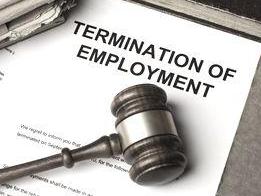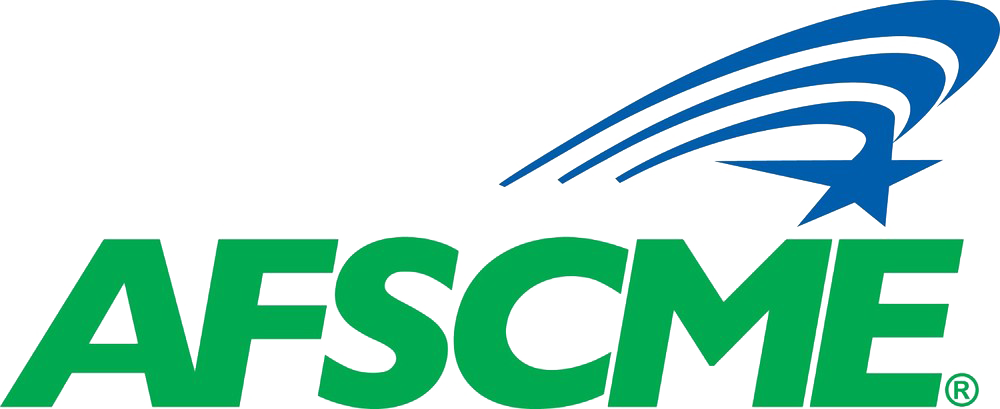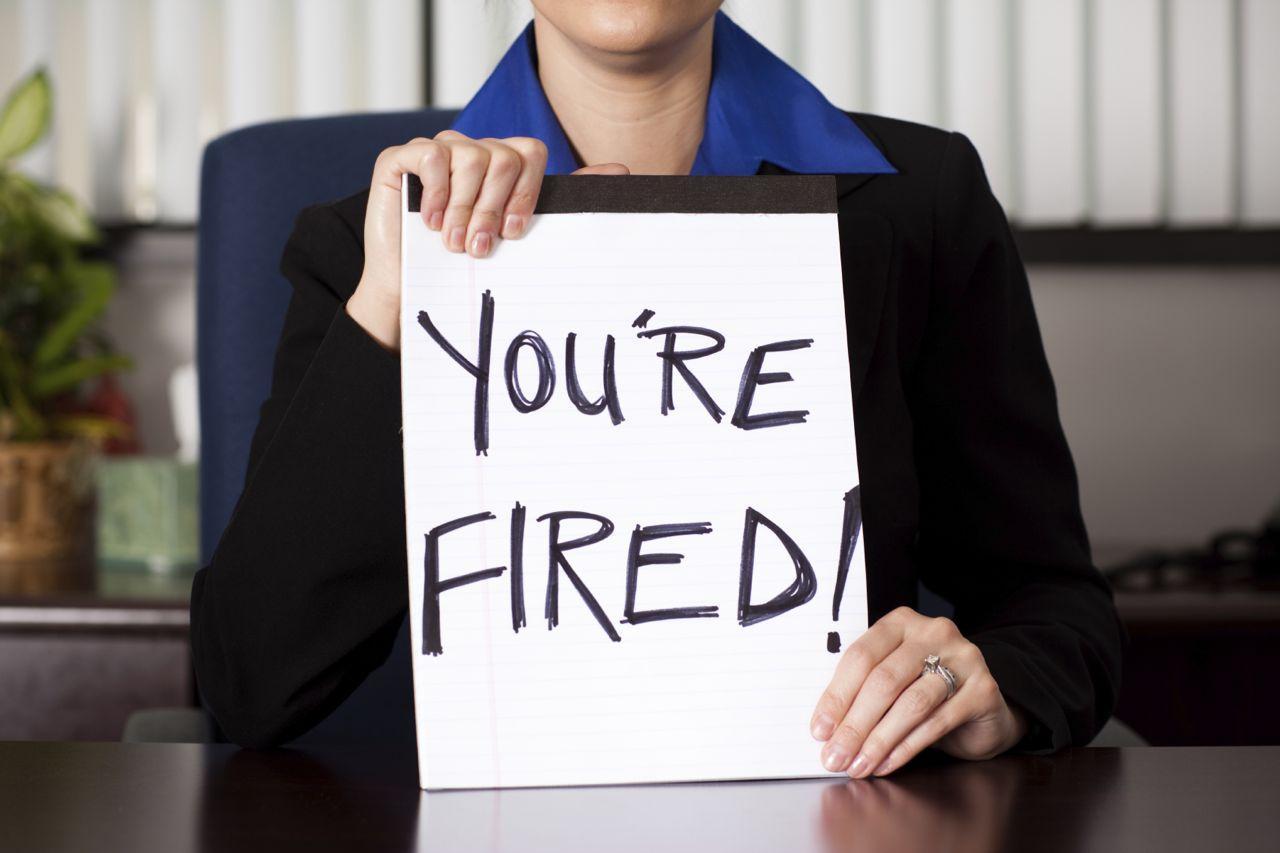
Social Media has become such a large part of our daily lives. It’s a way for us to stay connected to friends in other cities and states, talk to family you would otherwise not hear from, and to even gain insight on individuals you may not know. It’s a tool that can be used for good, but it’s a tool that can be incredibly dangerous.
Working at the Judicial Branch is, for most part, an honor for the vast majority of its employees. It’s considered a good job with good benefits, and for all of the Union Court employees, we have union protection to ensure fair treatment in our everyday work life. We don’t have to work overtime, we get weekends and holidays off, and we get a pension---which is a luxury that most individuals in the United States can only dream of for retirement. However, we are held to a higher standard regarding social media usage which can be complex and detrimental to our employment.
Many of the arguments I have heard regarding social media usage is that anything we post is protected under the First Amendment, or freedom of speech. However, when we work for the government in any capacity, there are rules and obligations we must follow to ensure that we remain unbiased and neutral, representing the judicial branch as having fair treatment under the law. In the first week working for the Judicial Branch, we sign several policies, promising to abide by these rules in regards to representing the judicial branch. One of these such policies is extensively lengthy regarding social media usage. When you sign these policies, you are agreeing to their terms and conditions regarding social media use and if you break that contract, they have the right to terminate your employment. Most jobs are a written contract regarding an exchange of skills for currency, and if your job specifically states you are not to use social media in any capacity at work, or that you are not to post anything that could be confidential or a hindrance on the reputation of your employer, you are thus breaking the contract that you willingly signed.
The problem with social media is, believe it or not, that no matter what you post, it is completely public. The internet is an archive, and even if you have deleted posts or have your profile set as private, it is still public for several agencies. How do you think free Social Media outlets make their money? Facebook has a very intricate system that records all of your likes and dislikes, private or otherwise, and sells your information to commercial businesses to target you for ads. Ever wonder how you talk to your friends on messenger or make a post about a product and the next day, you see tons of ads for these? Google is the same---they sell your information based on emails you send and what you search for in order to target you for advertisements. Many platforms across the internet have this intricate system---it’s the new wave of capitalism in technology.
To further understand this, if you have your work tagged on your Facebook for your employment, these agencies can see everything you post, regardless of you tagging the employer in the post or if your profile is private. Every group you like, every person you’re friends with and that they’re friends with, every agency you tag yourself associated with---can see your information one way or another. So when you have your work on your Facebook, no matter what you post, your employer can see it. If you have coworkers on your Facebook and they tag their work on their Facebook, there’s a good chance that your employer can see your information as well.
With all of your information public and the employers being able to see all of your information, it’s important to know that if you tag your employer on Facebook, if you have your work on Facebook, or any social media honestly, you can be terminated. There have been several people in the past who have been terminated from their positions within the Judicial Branch due to what they posted on social media. To add to this, the Union was unable to protect them because the Union cannot protect you from yourself.
Additionally, there are other safety issues regarding your social media use.
We deal with a public that is often thankless and angry at the system they may feel trapped in. For housing court, many defendants feel that it’s the court clerk’s fault for getting evicted because the clerk’s office processed the paperwork that got them evicted. In Criminal, even though the clerks are neutral parties doing nothing more than scribing the judge’s decision, defendants may feel that because we are active parties in the court room, this may be our fault. This goes for every division in the courts, and when we have our work tagged on Facebook or other social media platforms, these defendants can search by employer to find the clerks. And if our information is public, or even if we have what city we live in, this can put our lives in danger.
Some of you may be asking about LinkedIn, since this is a professional social media platform designed to help find jobs. Even this social media platform, I would be wary of how you use it. I think posting your employment is alright, but do not post anything else. For instance, you would not want to post about how much you dislike your job, about cases, or anything else. Potential employers may see how you degrade your current employment and can choose to pursue other candidates because they do not want someone who may speak openly about their disdain of their current employer. Many employers now will search for you on Facebook, LinkedIn, Instagram, and other social media outlets to get a feel for what kind of person you are. If they were to see you posting about your work and how you disagree with a case, how you may dislike your job, or pretty much anything related to your job, they will likely pursue other candidates.
So please, really consider what you share on your social media. The union’s job is to protect you from unfair treatment from your employer, but they cannot protect you from yourself. Social media use regarding your employment can be considered self-sabotage. The best policy for this is to not put your work on your social media at all. Do NOT put what building you work at, do NOT put your position or what division you work at, and most of all, do NOT post anything about your job at all. All of these things can hurt you in the long run and can put your livelihood in danger. It’s better to be safe than sorry, and by removing your employment and everything job related from your social media platforms can protect you from targeted termination and angry defendants.
For further reading about how Facebook and other agencies use your information, take a look at these articles!
https://techcrunch.com/2012/04/12/google-analytics-officially-at-10m/

